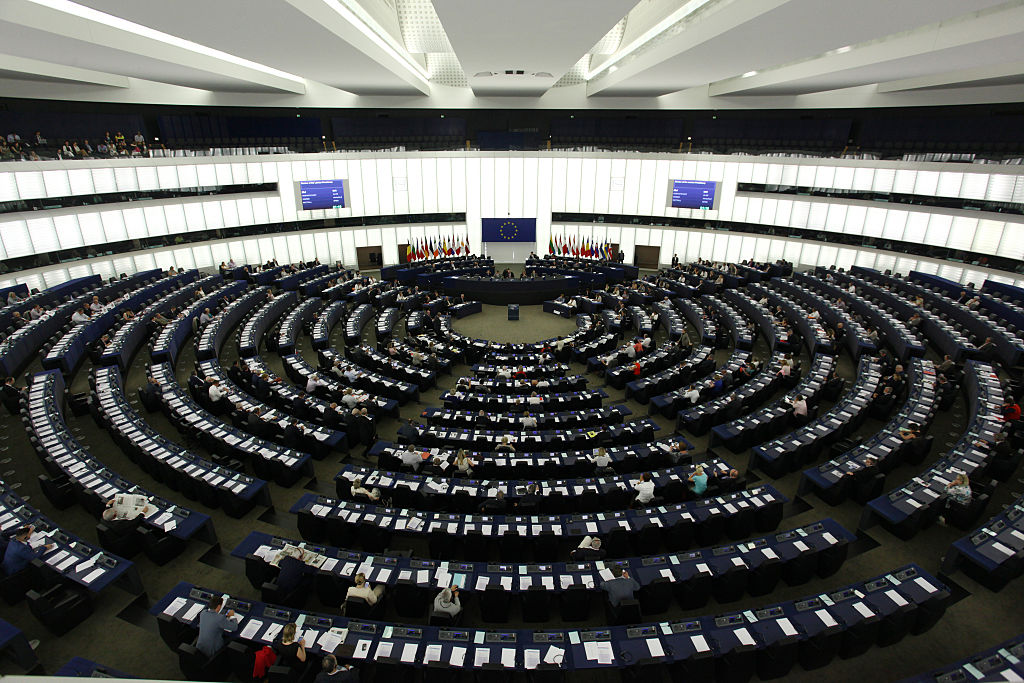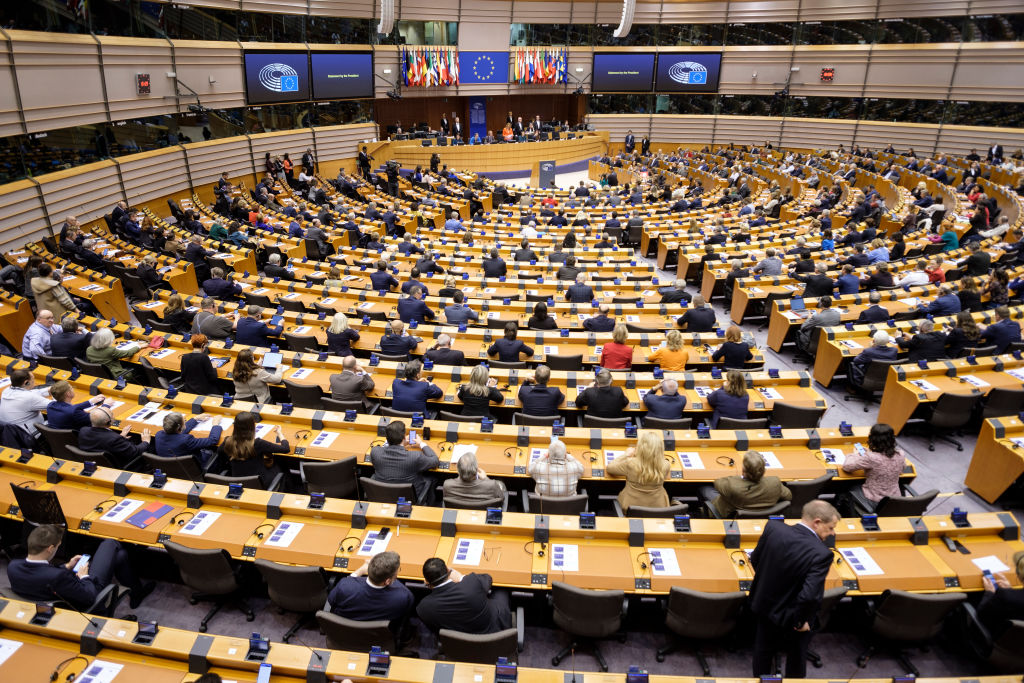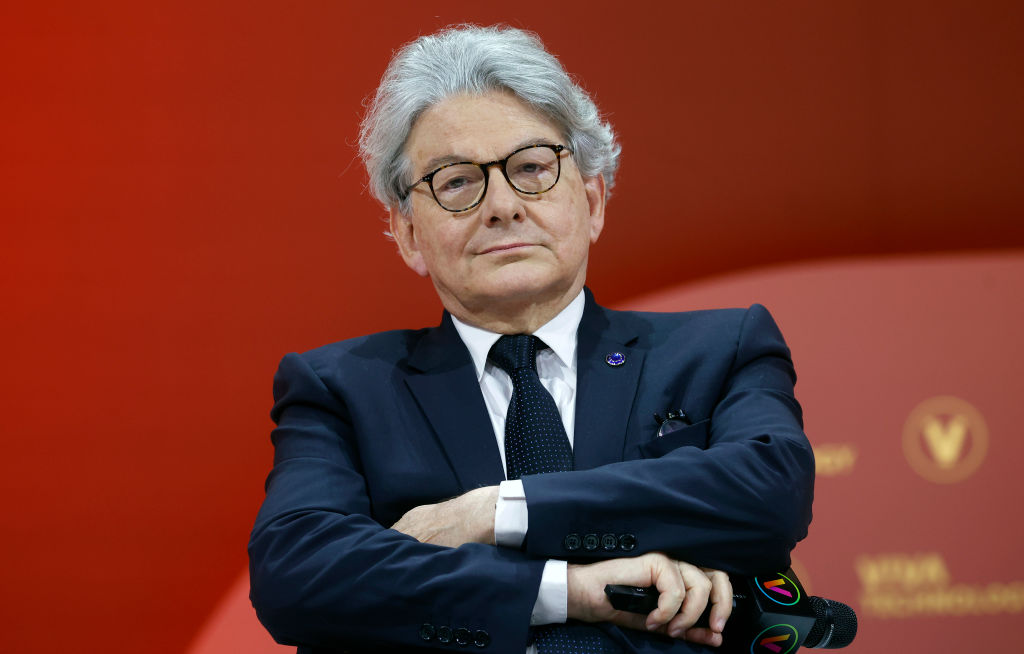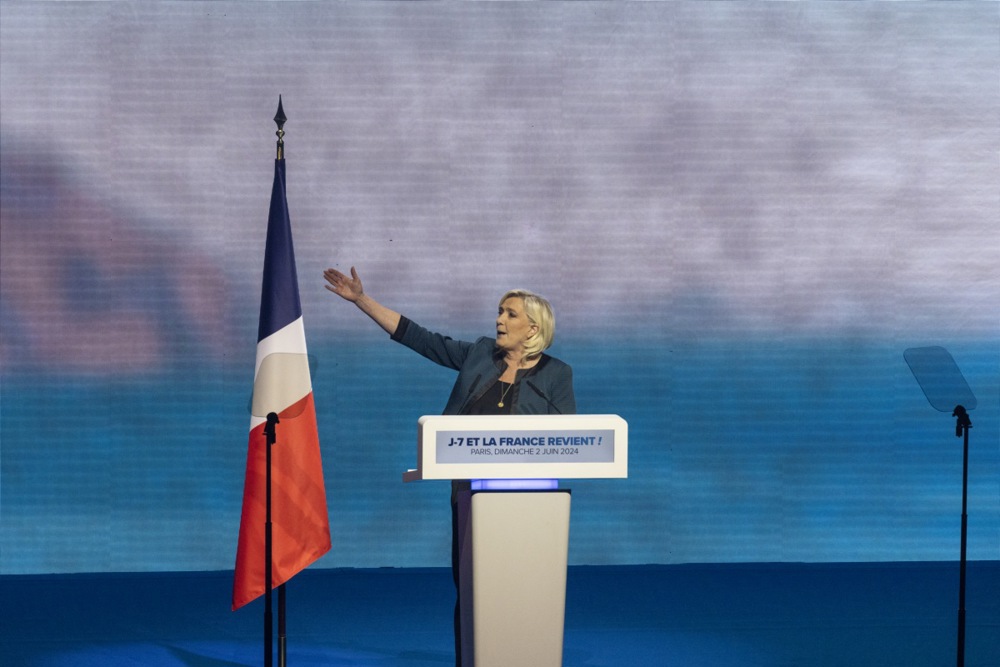Following the 2024 elections, the European Parliament gained fresh faces who are already pushing for a form of “participatory democracy”.
Newly elected MEPs are now seeking to bring changes into the EP through the votes of their followers or members.
In an interview with Brussels Signal, Cypriot social media star and new MEP Fidias Panayiotou said he intended to let his followers influence his decision-making.
Although aware that many of them might be “anti-establishment”, he said he was not opposed to letting his followers decide his direction.
During his electoral campaign, the 24-year-old YouTuber asked for advice through a poll on his TikTok account about whether to run as an independent or join Cyprus’s Green Party.
According to Panayiotou, of 50,000 who took part, 70 per cent preferred to see him run as an independent.
“I had a glimpse of a more cool democracy from independent people to the people,” he said.
“I felt a more direct democracy, and I think that is where we are moving in the future,” he added.
It is a sentiment he intends to bring into the European Parliament.
“I need to see if I am allowed to [ask my followers] but I think it’s interesting.
“Europe fails to educate the people on how it works, nobody knows how Europe works, who is the leader of the whole Europe and that is a big failure of the EU,” he added.
For Panayiotou, the way to remedy such “failure” was through direct participation.
New MEP and YouTube star Panayiotou may drop independence amid talks with Greens and Liberals. https://t.co/Je8rnUk97V
— Brussels Signal (@brusselssignal) June 21, 2024
The Pan-European party Volt has similar thinking and has put social media at the centre of its political strategy.
That is designed to foster community through social media, and engagement with members within the EU bloc illustrates Volt’s desire to challenge the perspective of and on the European Union.
“The EU is not something that comes from the top, from Brussels, it is something that blossoms in cities, towns and regions,” said Francesca Romana D’Antuono, President of Volt Europa, in a press conference on June 24.
Volt, which has five elected MEPs, recently held a vote asking its members across Europe whether they felt it should join the Greens, Renew or unaffiliated group in the European Parliament.
“We gave our members advice on how which group will help us apply our programme,” said Volt MEP Anna Stoltenberg.
Some 87 per cent of the respondents voted to join the Green groups in the EP.
MEP Damian Boeselager, co-founder of Volt, said on June 24: “I am happy Volt members followed our recommendation to sit with the Greens/EFA, as the Group has been supportive of our mission to act on EU reform, humane migration rules, a competitive economy, the transition to climate neutrality and social justice.”
Volt told Brussels Signal that although the membership vote on MEPs’ group affiliation is “not legally binding”, the elected lawmakers would respect it.
“Based on the goals and values of Volt, it was not at any point up for discussion that the MEPs would not follow the vote of the membership. So, yes, the five would have respected also another outcome of the vote,” the party said.
It added it intended to “maintain this level of transparency” over the next five years.
Volt MEP Nela Riehl also said on June 24: “We want to take our voters and keep the same level of transparency, we want to be approachable.
“We will use social media, use social media in an appealing way, we want to demystify the EU and the institutions,” she added.





